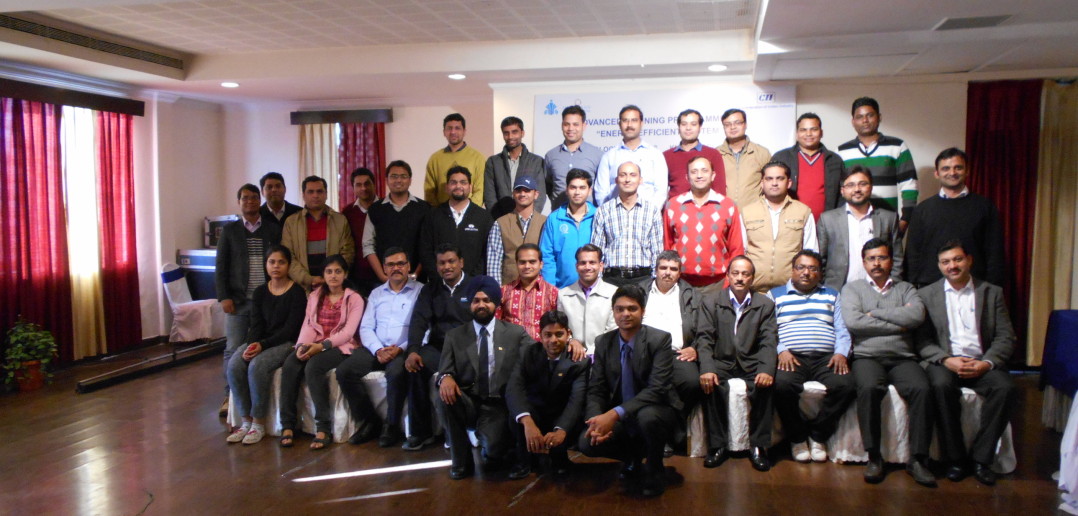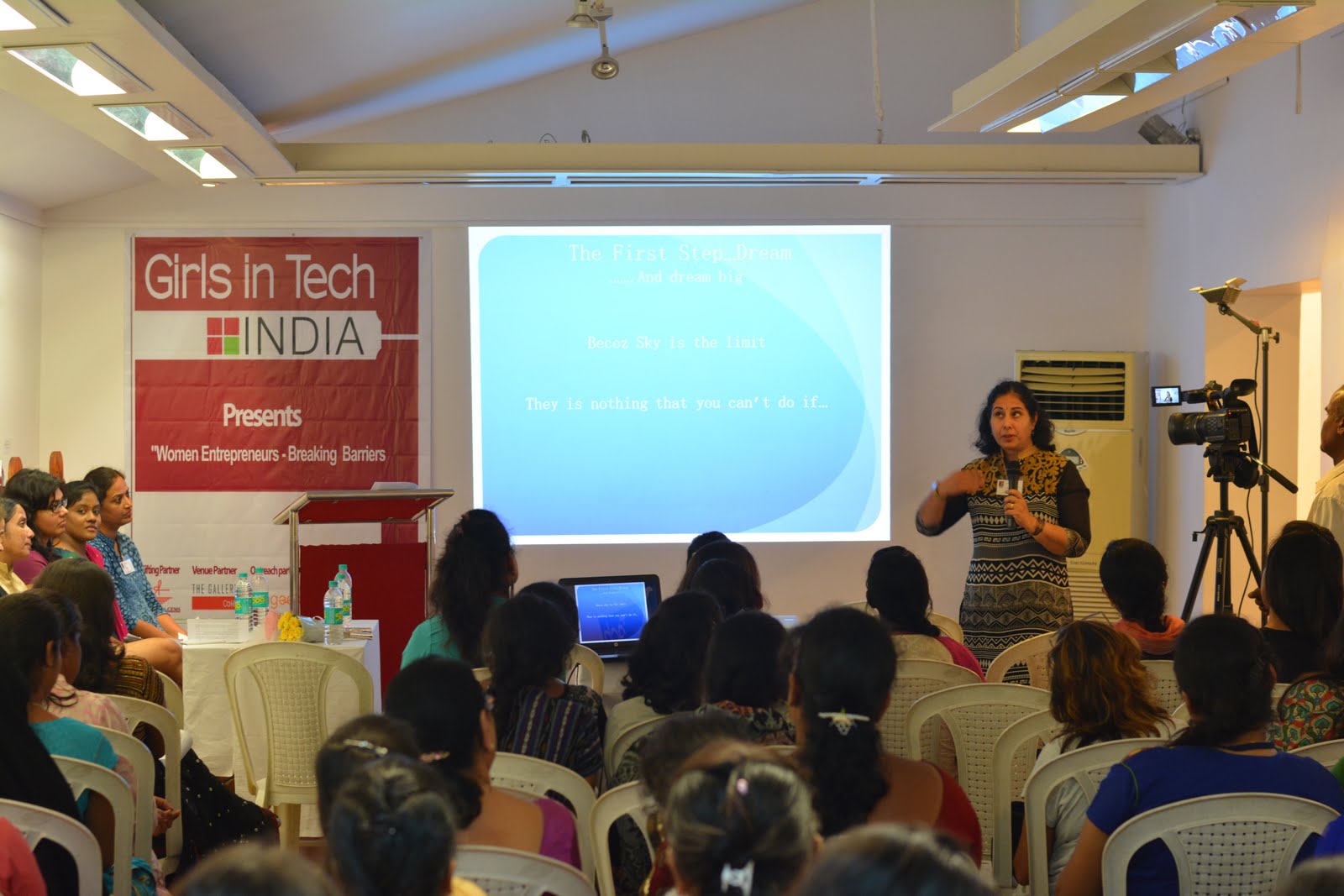Does your organization have an energy management strategy in place? How often do you review your business processes and practices for energy conservation? Whether you are an SME or a large enterprise, smart energy management strategies are absolutely essential to ensure sustained competitiveness. In this Skill Talk, Sanjay Namdeo, Senior Counsellor – Energy and Corrosion Management, emphasises the need to understand and adopt energy efficiency measures to save costs and maximise profits. He discusses how this can be achieved by acquiring the right skills and knowledge to design systems that have built-in efficiency in energy consumption and maintenance.
The training program on Energy Efficient Systems is regularly conducted by CII-Avantha Centre for Competitiveness for SMEs at various locations across India. In the recently concluded program at Rudrapur, the main objective was to offer practical advice and guidance on adopting on efficient ways of running various systems and components that consume energy. This includes industrial plants, units and buildings that need to embrace new and eco-friendly energy saving practices.

The target audience for the training and various industry verticals
The audience for our training program include technical teams such as design and engineering, production and maintenance. They are responsible for a wide range of projects from industry sectors like Automotive, Food, FMCG, Process Industry etc. Our main objective is to equip aspiring professionals with knowledge on Energy efficiency, Energy Audit (EA) skills and learn from the industry best practices. This helps them become more aware about the latest trends and techniques in energy management, energy saving opportunities, design, process and selection of equipment.
The impact of training program on performance
The training programmes aim to enhance skills and knowledge of energy professionals about use of correct or modern technology, latest techniques, maintenance, design and selection of equipment and overall energy efficiency. This is very essential since it has a long term impact on process efficiency and most importantly, inculcating energy efficient culture in the workplace.
Challenge in implementing energy management strategies
Implementing an effective energy efficiency strategy requires the right mix of people and skills. It involves upskilling workers at all levels from the shop floor to the board room to understand how companies manage their energy use—and to identify, evaluate and implement opportunities to improve energy performance.
Skills and sub-skills involved
Implementing energy management practices requires knowledge of design, latest practices, technology, operations and maintenance. It calls for dedicated effort in learning and updating knowledge, particuarly different areas of specialization. For example, a good understanding of air compressor system will help to design energy efficient generation and distribution.
Key industry segments that follow exemplary practices of being energy efficient
Industry segments like Auto, FMCG, Food, Pharmaceuticals and Process Industry have already set standards and benchmarks by consciously adopting these strategies at early stages like design and conceptualization. Moreover, they see it as a continuous process wherein getting their workforce trained in latest tools and technologies becomes in integral part of their strategy.
Role of training in adopting energy efficient practices
Training will help them in learning how to implement the best practices and understand the latest technology. This will also lead to need for investing by making a business case for energy efficient practices and system. It not only creates an awareness but also conveys the long term impact and financial losses if they are not able to implement sustained energy efficiency practices.
Energy efficiency can certainly be practiced through training but it is also a mindset and a commitment
Training and acquiring the required skills is an important step towards developing smarter and more efficient ways to use energy. However, the first step is commitment and planning. This usually involves a change in corporate mind-set. Get the team involved and on board from the start. Include them in your thinking and train them to think and act differently in energy–efficient ways.













